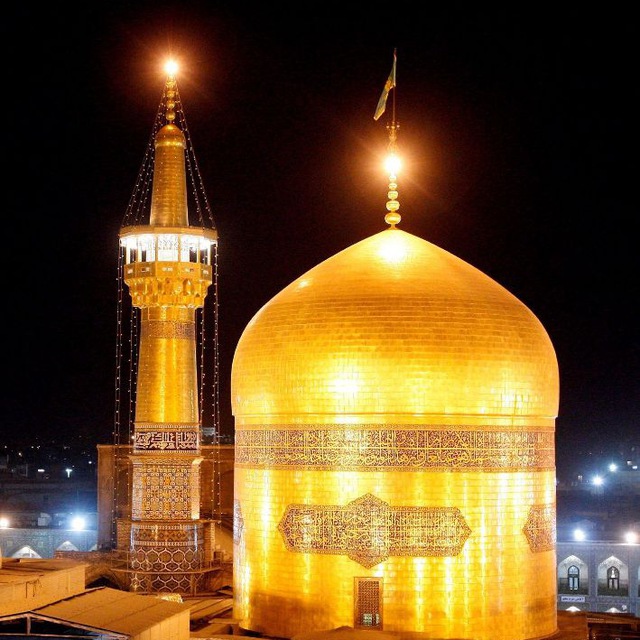Public ethics in the light of modern Iranian urban thought
Abbas Akhundi- March 7, 2017
I wanted to put the video of yesterday’s speech on the channel, for a moment I thought to myself that in this uproar of Zarif Aziz’s resignation, no one has the heart to see and hear a theoretical discussion. But, the more I thought, the more I saw; Zarif is also a victim of the same broken conscience and moral collapse that dominates the society. I saw that he is also a prisoner of the state of refusal in policy-making and the lack of a guiding theory in the government. And ironically, my discussion was a theoretical explanation of this situation. Therefore, I decided to publish it.
The outline of the discussion is that 1- there is a close relationship between rights, law and ethics. 2- The rule of law in Iran has failed. 3- It does not contain power in the sense of the nation-state. 4- What can compel the government to obey the law is the existence of civil institutions independent of the government. 5- The existence of independent civil institutions depends on the national belief in the fundamental theory of the modern state, such as individual freedom, equality and property rights, and the rule of public morality in society.
In the framework of this discussion plan, the speech begins as Iran is the land of half-finished projects. Half-finished constitution, half-finished modernity, half-finished national movement, half-finished republic and half-finished rule of law and other such projects. Public conscience is currently wandering between western modernity, Iranian nationalism and the Islamic nation. This confusion can be seen at all levels of society and in all scenes of social and individual life.
In this chaotic atmosphere, Iran’s elite society has largely lost the ability to reproduce concepts and properly formulate national issues. Have any of the issues that have been opened in recent years or these days been solved and closed? This situation is not specific to a specific field. JCPOA, FATF, currency, meat, music, virtual space, etc. Examples are: In this fragmented situation, policy-making becomes more difficult every day and the possibility of decision-making is taken away from the officials.
In this environment, the most urgent task of intellectuals is to critically return to oneself. Any unthought-out assimilation with the world brings us one step closer to the edge of the abyss, and any insistence and uncritical emphasis on the past increases our distance from the world and causes us to stagnate and fail harder. We have no choice but to pay attention to the lowest layers in finding the root of the problem. We must reread our way of thinking and style in relation to pure wisdom, otherwise we will collapse and deteriorate. Of course, what was proposed in this meeting was not the answer to these questions and was only an attempt to formulate the problem correctly and ask questions correctly.
If you wish, watch and listen to the attached video.
https://www.aparat.com/v/3vHsn
Your comment: @ContactAkhoundibot
@AbbasAkhoundi
This post is written by monese_ghamgosar
